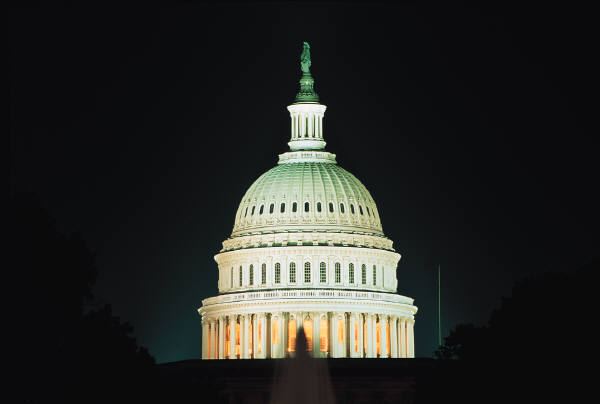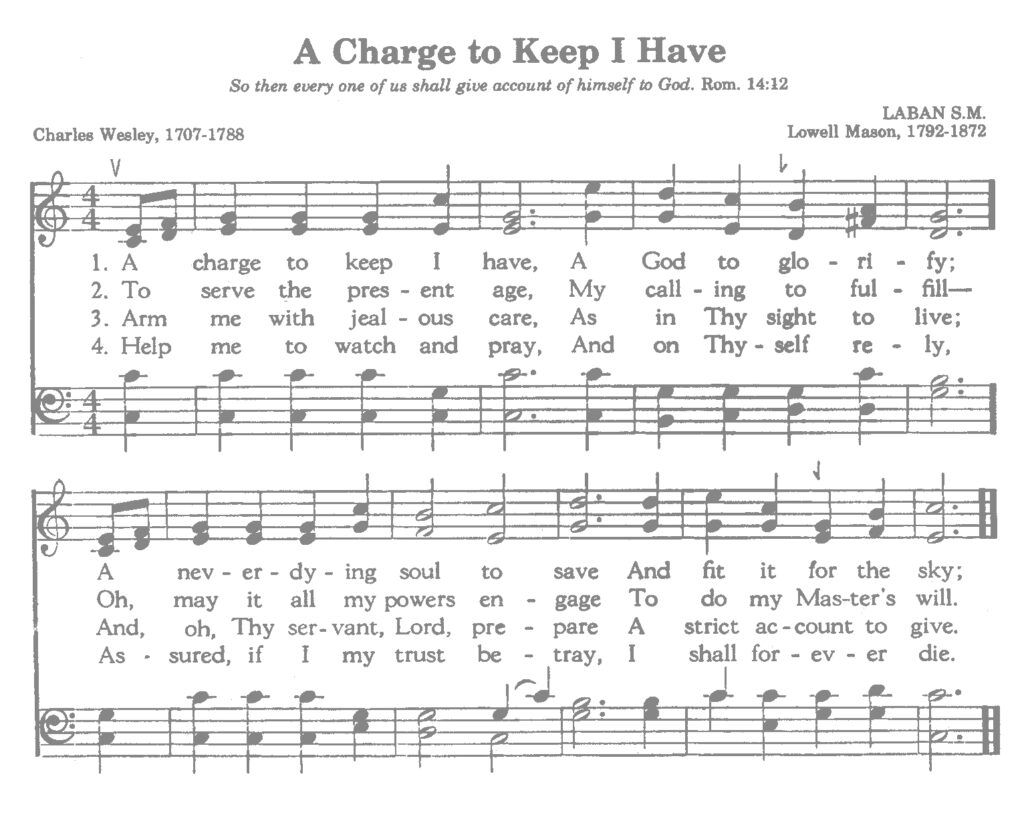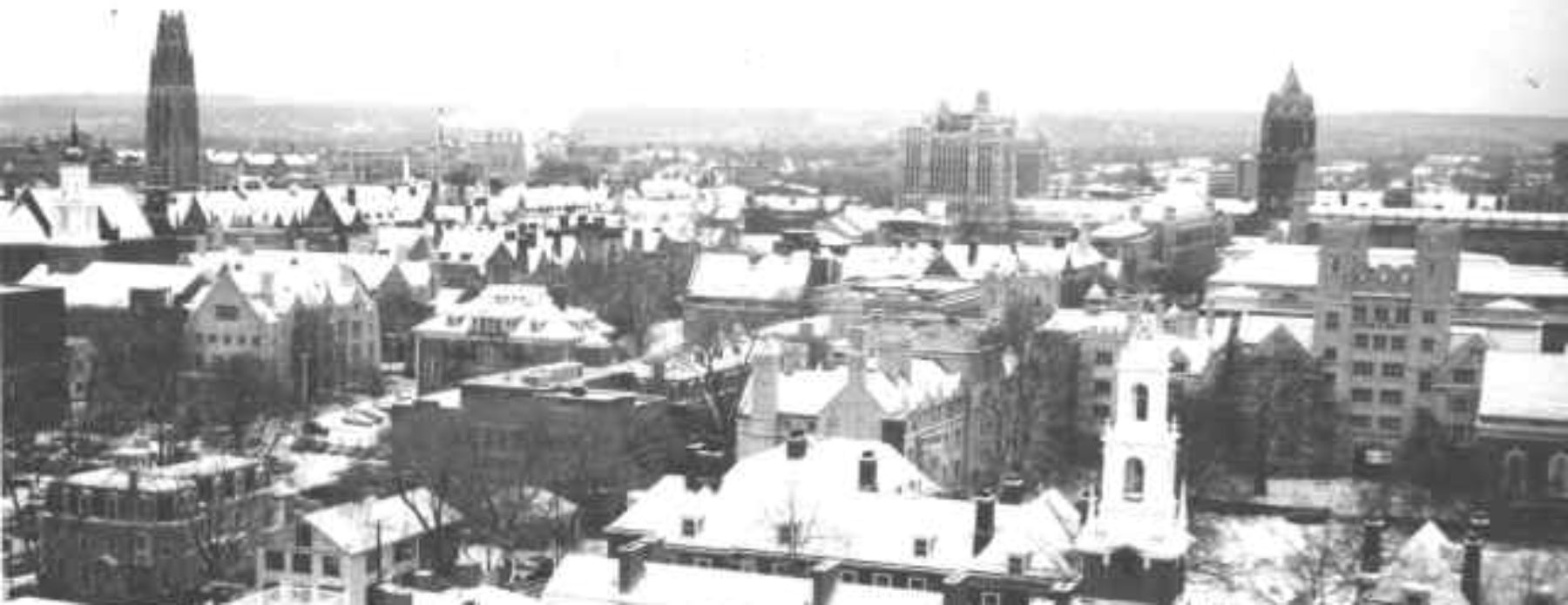George W. Bush – In His Own Words: A Charge To Keep
This was published in the spring of 2001 in the Yale Standard.
What is most controversial about President George W. Bush may not be his narrow victory in the virtually tied election. The Yale-educated politician has a radical stance in today’s United States of America: he claims to be a born-again believer in Jesus Christ. Bush has a story of personal conversion, and strives to live his life in alignment with his faith. Some of his actions and policies proceed from this fact.
The title of President Bush’s autobiography, A Charge To Keep, is drawn from Charles Wesley’s hymn A Charge to Keep I Have. His book describes how faith helped him in his decision to run for governor of Texas and, later, President of the United States: “I could not be governor if I did not believe in a divine plan that supersedes all human plans. Politics is a fickle business. Polls change. Today’s friend is tomorrow’s adversary. People lavish praise and attention. Many times it is genuine; sometimes it is not.
“Yet I build my life on a foundation that will not shift. My faith frees me. Frees me to put the problem of the moment in proper perspective. Frees me to make decisions that others might not like. Frees me to try to do the right thing, even though it may not poll well. Frees me to enjoy life and not worry about what comes next. I’ve never plotted the various steps of my life, certainly never campaigned for one office to try to position myself for the next.”
“I was humbled to learn that God sent His Son to die for a sinner like me.”

The man many refer to as “W” was born in New Haven, Connecticut, on July 6, 1946. He spent his childhood in Midland, Texas, where his father, George H.W. Bush, worked as an oil executive.
Following in his father’s footsteps, George W. attended Phillips Academy, Andover, and then graduated from Yale in 1968. He went on to join the Texas Air National Guard, where he became a fighter pilot with the rank of lieutenant. After obtaining an M.B.A. from Harvard Business School, he returned to his Texas hometown and started an oil and gas exploration company named Arbusto (the Spanish term for “bush”). In 1977 he married teacher and librarian Laura Welch. Twin daughters, Barbara and Jenna, were born to them in 1981.
Just after his fortieth birthday, Bush turned a corner in his private and professional life. He stopped drinking and became interested anew in spiritual things: “I didn’t advertise my decision to stop or make a big deal out of quitting; my friends just gradually noticed I was no longer drinking at our gatherings. Outwardly, nothing changed. Laura and I still went to parties and dinners with our friends. . . . But inwardly, I felt different. I had more time to read. I had more energy. I became a better listener, and not such an incessant talker. Quitting drinking made me more focused and more disciplined. I now say it is one of the best things I have ever done.
“America needs leaders who have the moral courage to do what is right for the right reason.”

“Actually, the seeds of my decision had been planted the year before, by the Reverend Billy Graham. He visited my family for a summer weekend in Maine. I saw him preach at the small summer church, St. Ann’s by the Sea. We all had lunch on the patio overlooking the ocean. One evening my dad asked Billy to answer questions from a big group of family gathered for the weekend. He sat by the fire and talked. And what he said sparked a change in my heart. I don’t remember the exact words. It was more the power of his example. The Lord was so clearly reflected in his gentle and loving demeanor. The next day we walked and talked at Walker’s Point, and I knew I was in the presence of a great man. He was like a magnet; I felt drawn to seek something different. He didn’t lecture or admonish; he shared warmth and concern. Billy Graham didn’t make you feel guilty; he made you feel loved.
“Over the course of that weekend, Reverend Graham planted a mustard seed in my soul, a seed that grew over the next year. He led me to the path, and I began walking. And it was the beginning of a change in my life. I had always been a religious person, had regularly attended church, even taught Sunday school and served as an altar boy. But that weekend my faith took on new meaning. It was the beginning of a new walk where I would recommit my heart to Jesus Christ.
“I was humbled to learn that God sent His Son to die for a sinner like me. I was comforted to know that through the Son, I could find God’s amazing grace, a grace that crosses every border, every barrier and is open to everyone. Through the love of Christ’s life, I could understand the life-
changing powers of faith.”
George Bush began to read the Bible regularly. Attending a men’s support group, which met weekly for Bible study, he found his interest in the Bible grew “stronger and stronger, and the words became clearer and more meaningful.” He reads through the One-Year Bible once every other year. During the years in between, Bush writes, “I pick different chapters to study at different times.” As Scriptures took on greater
meaning, he learned “the power of prayer, and gained confidence and understanding” in his faith.
“My faith gives me focus and perspective. It teaches humility. But I also recognize that faith can be misinterpreted in the political process. Faith is an important part of my life. I believe it is important to live my faith, not flaunt it.”
Bush evidently became more directed and capable professionally. He bought the Texas Rangers baseball team, managed it adroitly, and in 1998 sold it for nearly twenty-five times what he had originally paid for it. In spite of this success, Bush still surprised everyone—his family included—when he was elected governor of Texas in 1994, 350,000 votes ahead of his popular opponent, the garrulous and witty Ann W. Richards.
His personal charm and ability to appeal to almost everyone reached across party lines: the mostly Democratic state legislature often found him a pleasure to work with. By the end of his first year, he was “the most popular big-state governor in the country.” In 1997, he backed a tax reform initiative that would have cut state property taxes by $3 billion a year. This was a risky move politically, for it pleased neither conservatives nor liberals. In the end, the tax cut was reduced by the legislature to $1 billion a year. Bush survived this setback, and in November of 1998, became the first Governor of Texas elected to a second consecutive four-year term. He won a surprising percentage of the votes from blacks and Hispanics, and won the election by a margin of 65% to 35%. This
success drew the attention of the Republican Party’s national organization, which saw in Bush someone who could challenge the Democratic candidate for President, Al Gore.
In June 1999, George W. Bush officially declared his candidacy for President of the United States, describing himself as a “compassionate conservative.” A sermon he heard the day of his second inauguration as governor may have sparked his interest in running for President.
“The minister talked of visiting Yellowstone with his family. They joined a crowd gathered around Old Faithful, waiting and watching expectantly. He joined in as they counted down—five-four-three-two-one—and was surprised to feel tears welling in his eyes as he joined in the cheers for the erupting geyser. ‘And then I realized I had just clapped for a geyser,’ Mark Craig said, the crowd in the church joining in agreeable laughter at the absurdity of the scene.
“‘What on earth moves people to applaud with tears in their eyes for cascading water?’ he asked, then answered his own question: ‘Faithfulness. People are starved for faithfulness.’
“He talked of the need for honesty in government; he warned that leaders who cheat on their wives will cheat their country, will cheat their colleagues, will cheat themselves. The minister said that America is starved for honest leaders. He told the story of Moses, asked by God to lead his people to a land of milk and honey. Moses had a lot of reasons to shirk the task. As the pastor told it, Moses’ basic reaction was, ‘Sorry, God, I’m busy. I’ve got a family. I’ve got sheep to tend. I’ve got a life.’
“‘Who am I that I should go to Pharaoh, and bring the sons of Israel out of Egypt?’ Moses asks in the third chapter of Exodus. The people won’t believe me, he protested. I’m not a very good speaker. ‘Oh, my Lord, send, I pray, some other person,’ Moses pleaded. But God did not, and Moses ultimately did his bidding, leading his people through forty years of wilderness and wandering, relying on God for strength and direction and inspiration.
“People are ‘starved for leadership,’ Pastor Craig said, ‘starved for leaders who have ethical and moral courage.’ It is not enough to have an ethical compass to know right from wrong, he argued. America needs leaders who have the moral courage to do what is right for the right reason. It’s not always easy or convenient for leaders to step forward, he acknowledged; remember, even Moses had doubts.
“‘He was talking to you,’ my mother later said. The pastor was, of course, talking to all of us, challenging each one of us to make the most of our lives, to assume the mantle of leadership and responsibility wherever we find it. He was calling on us to use whatever power we have, in business, in politics, in our communities, and in our families, to do good for the right reasons.
“And the sermon spoke directly to my heart and my life. Throughout my first four years as Governor, I had tried to approach every decision by the
standard Mark Craig had just outlined, to ‘do the right thing for the right
reason.’ And it seemed the pastor was challenging me to do more.”
In his inaugural address on January 20, 2001, Bush gave a
promise: “I will live and lead by these principles: to advance my convictions with civility, to pursue the public interest with courage, to speak for greater justice and compassion, to call for responsibility and try to live it as well.”
As the newcomer to national office says, “Faith changes lives. I know, because faith has changed mine.”
Helen Sun, CC ’95
Excerpts taken from Bush’s autobiography A Charge to Keep: My Journey to the White House, William Morrow & Co., 1999.

